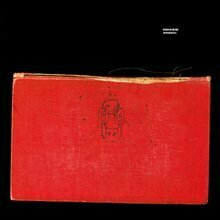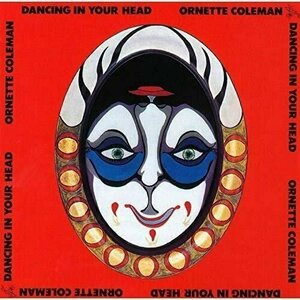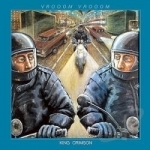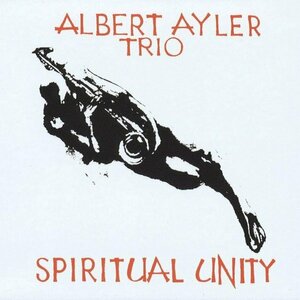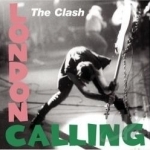
Radio Vaticana - Radios VAT FREE
Music and Entertainment
App
Listen to the best Vatican free radios and best music. Discover all Vatican radio stations in one...
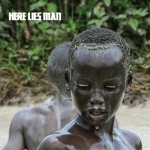
Here Lies Man by Here Lies Man
Album Watch
What if Black Sabbath played Afrobeat? In short, that's the underlying vibe to the self-titled debut...
indie alternative
Lee Ronaldo recommended Dancing In Your Head by Ornette Coleman in Music (curated)
Blaine Harrison recommended track 21st Century Schizoid Man by King Crimson in Vrooom Vrooom by King Crimson in Music (curated)

Be Cloud - Play Your Audio Files
Lifestyle and Utilities
App
100% FREE, NO LIMIT! ---------------------------------------------- Fully featured music discovery...
Caribou recommended Spiritual Unity by Albert Ayler Trio in Music (curated)

Walk Band - Multitracks Music
Music
App Watch
Walk Band is a music studio (a toolkit of virtual musical instruments) customized for Android. It...
music
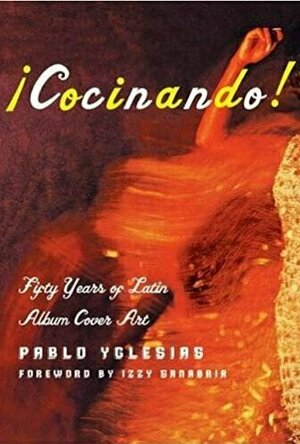
Cocinando! Fifty Years of Latin Cover Art
Book
Driving beats, coursing rhythms, swaying skirts, and swaggering bandleaders playing deep into the...
